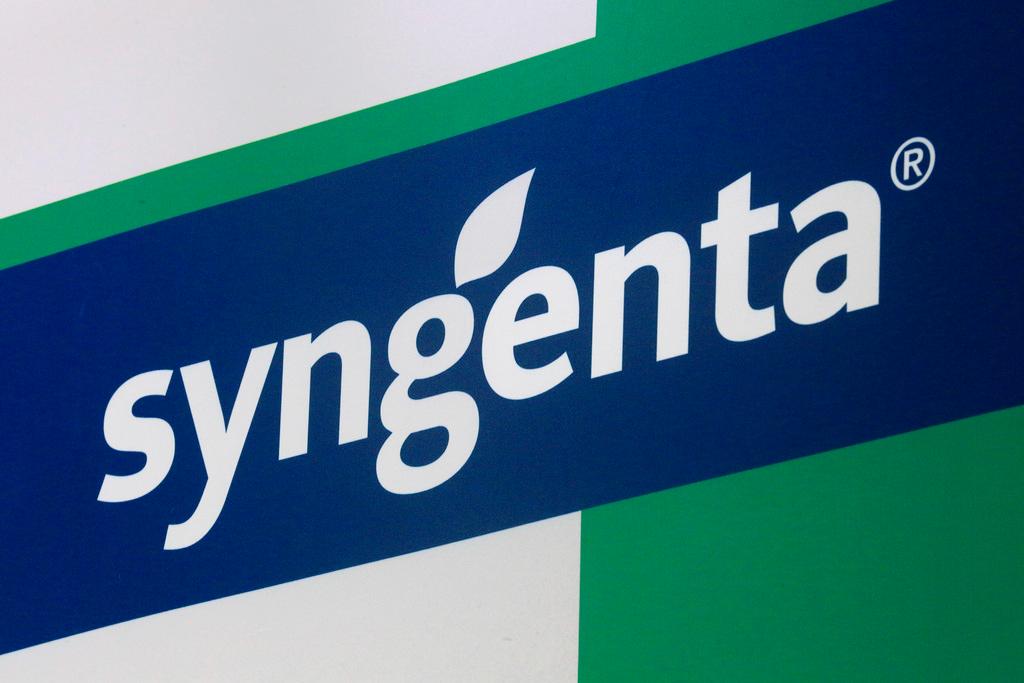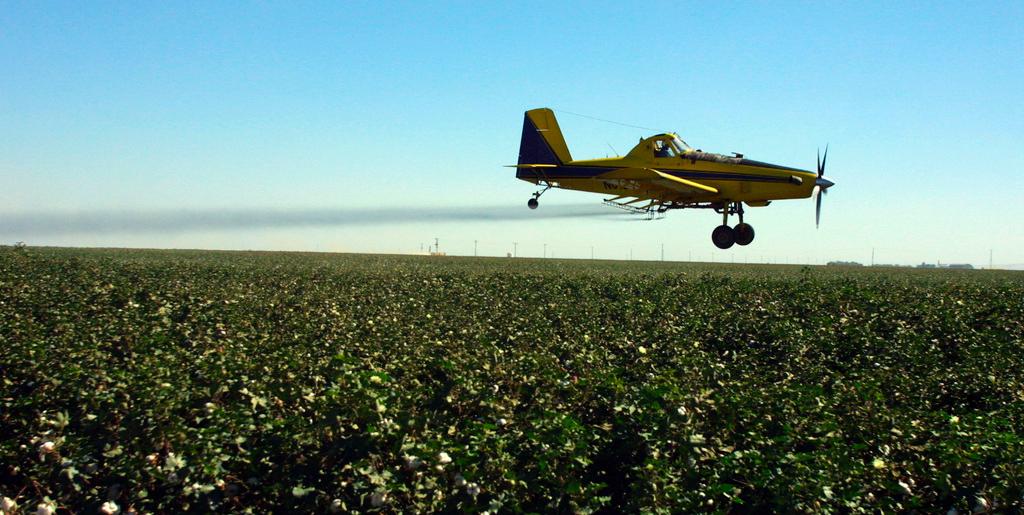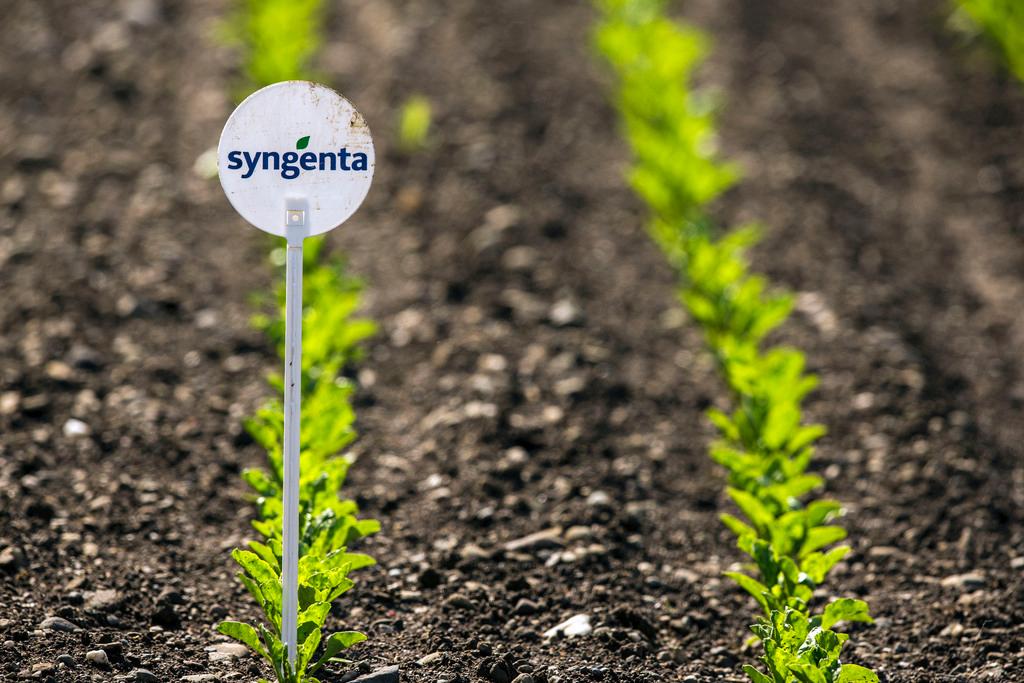ChemChina buys Syngenta in record Chinese deal

Swiss agrochemical company Syngenta has been bought by chemicals giant ChemChina in a deal worth $43 billion (CHF43.8 billion), the Basel-based company has announced. It is the biggest acquisition ever made by a Chinese company.
Syngenta’s board voted unanimously to accept the offer, which will be finalised by the end of 2016. SyngentaExternal link said on Wednesday the move would allow it to make long-term investments in innovation.
Syngenta’s current management will continue to lead the company. After the transaction is finalised, a board of directors composed of six members will be chaired by Ren Jianxin, president of ChemChina, and will include four members of the current board.
The deal follows on the heels of another massive chemical company takeover last month, when Dow Chemical and DuPont reached a $130 billion agreement.
Meanwhile, Syngenta has announced that its 2015 earnings fell 5% to $2.78 billion last year, in line with analysts’ estimates of $2.76 billion. Syngenta’s sales fell 11% in 2015.
Long time coming
Syngenta, which specialises in producing pesticides and genetically modified seeds, had long been courted by several larger companies for a takeover – most notably Monsanto. The United States firm put in several bids for Syngenta over the past few years.
Last year, in speaking with the Tages-Anzeiger newspaper, Syngenta chairman Michel Demaré and chief financial officer John Ramsay hinted that differences in company culture between Monsanto and Syngenta had stymied a deal between them.
“It’s true that there have been a lot of tensions with Monsanto over the past few years and that has to be taken into consideration,” Demaré said at the time.
The executives also said last November that the company wanted to play an “active role” in the merger scene, either by driving the best deal for Syngenta shareholders in the event of a takeover or by buying up attractive research facilities of smaller firms.
Reaction from Basel
Christoph Brutschin, member of Basel’s City’s cantonal government, expressed regret at the takeover. He told the Swiss News Agency that the local government would have preferred that Syngenta remain independent.
“Since that’s no longer possible, the question becomes what the goals and timeline will be for the new owner,” said Brutschin, who is responsible for the canton’s department of business, social services and environment.
The priority for the Basel government will be keeping Syngenta’s headquarters and the associated jobs in the area.
Brutschin also felt that the risk of job losses as a result of a takeover would have been greater if Monsanto had bought Syngenta. ChemChina’s purchase of the company also broadens its business opportunities in China, he said.
For its part, the Unia trade union called on the new owners to rule out job cuts. The union also wants ChemChina to introduce a collective work agreement.
Syngenta was formed in 2000 when the agricultural divisions of Novartis and AstraZeneca joined together. It has always been headquartered in Basel.
Reaction from China
On the day the deal was announced, the Chinese media saw it as an indication that its government is looking beyond emerging markets to invest in developed economies.
The financial news website yicai.com saw Chinese companies’ continued investment in biotechnology firms as a way to secure the food supply for China’s growing population. It also estimated that the purchase opens up ways for Syngenta to gain access to the Chinese market.
Jiemian, another financial news portal, pointed out that by purchasing Syngenta, ChemChina will now enter into direct competition with Monsanto in the area of genetically modified seeds. Jiemian’s commentary questioned whether ChemChina is strong enough to withstand that competition and foresees possible difficulties in consolidating with Syngenta.
“We can see only one explanation for ChemChina’s purchase of Syngenta: the strength of state authority,” Jiemian declared, recallying statements made by Chinese President Xi Jinping calling for the modernisation of agriculture in order to ensure national food security.

In compliance with the JTI standards
More: SWI swissinfo.ch certified by the Journalism Trust Initiative











You can find an overview of ongoing debates with our journalists here . Please join us!
If you want to start a conversation about a topic raised in this article or want to report factual errors, email us at english@swissinfo.ch.